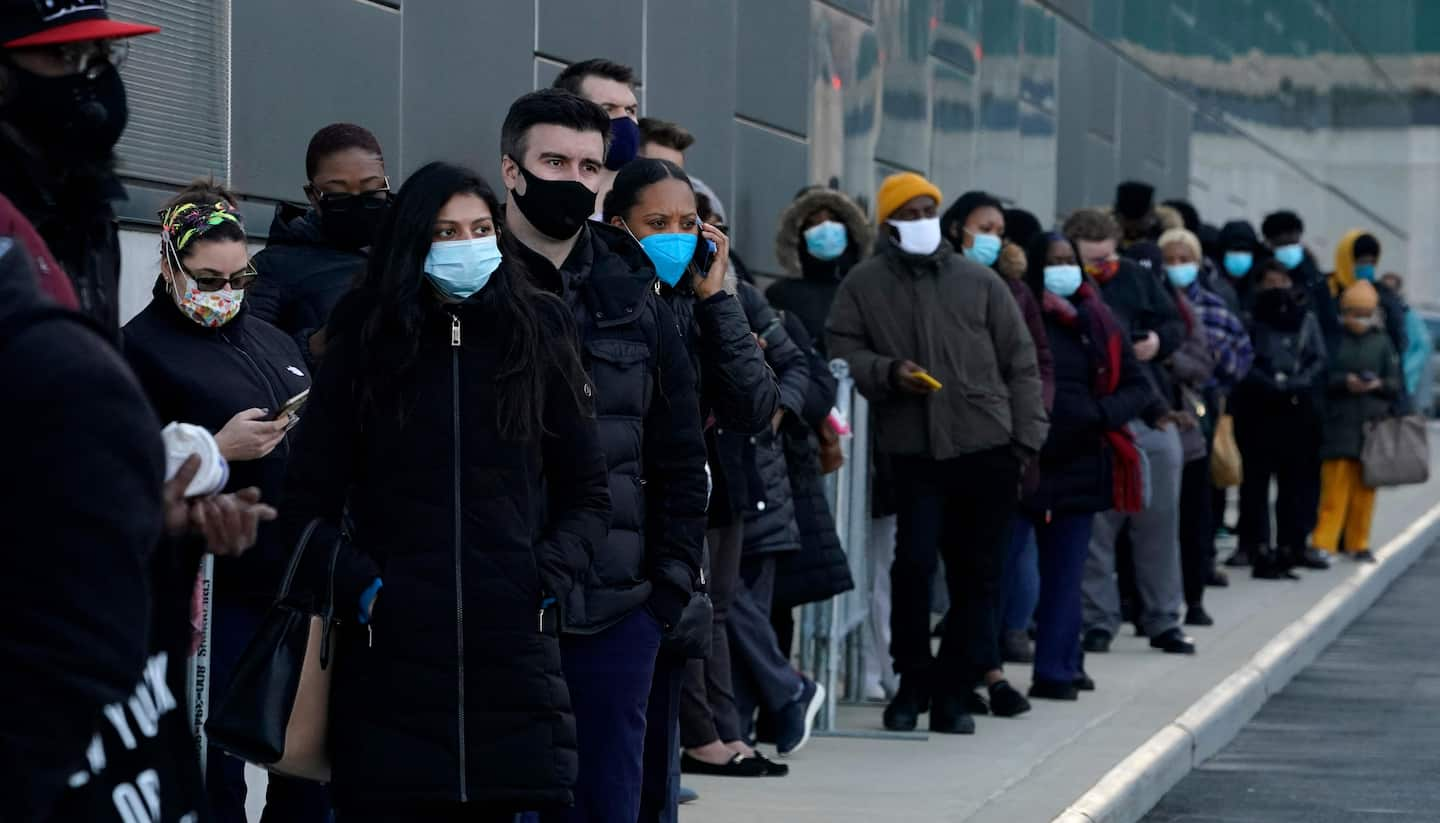I’ve been yearning for an end to the pandemic. Now that it’s here, I’m a little afraid.

The mind races. What about masks? Will there be hugs? Handshakes? Do I remember how to make small talk? What would I possibly wear?
I’m a primary care doctor. I’ve been vaccinated against the coronavirus, but I’m not immune to the complex feelings that transitions invite. Like my patients anticipating the shift to post-pandemic life, my brain is buzzing with anxiety and ambivalence, rational thoughts and irrational fears. I’ve become one with elastic-waist pants, Zoom backgrounds and my Saturday-night spot on the sofa.
Month after month, we have been yearning to be done with enforced distancing, social isolation and life in a more virtual reality. Now that the moment has arrived — as millions of Americans have been vaccinated and millions more will soon roll up their sleeves for it — the prospect is oddly disconcerting.
My patients, too, have mixed feelings about the “new normal.” Conditioned to stay home and to distance from others, they often express disbelief when I assure them that, once vaccinated, they can hug loved ones, dine indoors and even gather, unmasked, with another household of unvaccinated people.
Pre-covid, my teenage kids talked about FOMO, a Fear Of Missing Out. But upon reentry, many of us will face something new: FONO, or a Fear Of Normal.
Trauma has a way of doing that to us. We’ve lost more than 500,000 lives in this country alone. We’ve suffered unprecedented economic, social and emotional upheaval. And regardless of our individual pandemic experience, each of us has faced some level of loss, grief and despair.
For the more fortunate among us, the pandemic granted permission to clear our calendars, prune our social lives, swap airport food for home-cooked meals, and trade commuting time for more sleep, exercise and family bonding.
The pandemic will end. With dropping case rates and three incredible vaccines robustly protecting us from covid-19, soon we’ll be able to relax the restrictions of pandemic life. Just this week, the Centers for Disease Control and Prevention issued new guidelines outlining the activities that the fully vaccinated can safely resume.
But now that we’ve adjusted to pandemic life — with its inherent struggle, stress, social isolation, emotional toll and hidden silver linings — it’s understandable to experience emotional whiplash even as trauma recedes.
I see it in my office every day. From specific worry about being infected with the coronavirus to generalized anxiety about resuming normal activities, pondering our future can generate ambivalence and even outright fear.
There is no one-size-fits-all prescription for this reaction. But my advice to patients — and myself — is akin to recommendations for anyone who has experienced a major life disruption.
We start by naming and normalizing the trauma. Identifying it as such allows us to unlock a set of tools known to help people after life-altering events. Normalizing the existence of rational and irrational thoughts helps reduce self-stigma and the stress of feeling unwell.
Identifying emotional roadblocks to normalcy is critical. For some, the thought of socializing indoors or relaxing other covid-19 rules generates anxiety. At a minimum, most can expect to feel a heightened sense of alertness toward risk when resuming pre-pandemic activities.
To mitigate the expected anxiety — rational or irrational — we assemble a kit of coping tools. I commonly recommend breathing techniques, guided meditation, regular exercise, prioritizing sleep and spending time in nature, all of which tamp down stress hormones.
Using facts to talk back to anxious thoughts is also essential for halting endless loops of irrational worry. For example, my vaccinated patient who agonized about hugging her vaccinated daughter can let go of her fear once she understands the near-zero risk of two vaccinated people sickening each other.
Simply practicing normalcy will help, too. Like getting back on the horse after falling off, seeing our loved ones and work colleagues will reduce fear, restore the contours of our lives and promote well-being.
The science is clear. The vaccines protect us from illness and help prevent transmission, too. They will allow us to reconnect with loved ones and to resume in-person school, work and worship without fear.
Vaccination against covid-19 is crucial for our health and safety. So are naming, normalizing and navigating fears about reentry. Just as before covid, risk will still be everywhere. But navigating a new normal — and the possibility for post-traumatic growth — is achievable with patience, self-awareness and humility.
With a mix of reticence and relief, I click “RSVP YES!” to my colleagues’ party and take my first step toward reentry. The next step? Buttoning my pants.
Read more:






